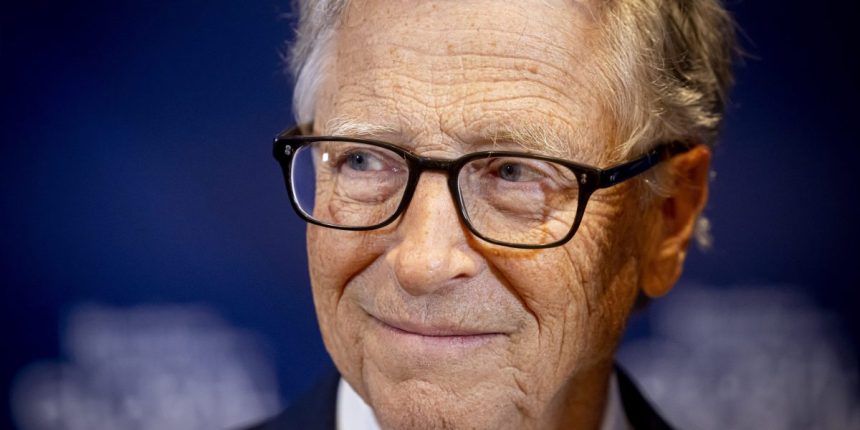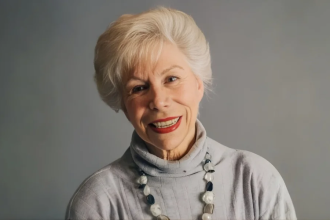Microsoft co-founder Bill Gates is stepping up his involvement in global health initiatives, particularly aimed at preventing diseases like Alzheimer’s. In a bold pledge, Gates plans to donate around $100 billion of his fortune over the next two decades, contributing to a total of approximately $200 billion when including current assets and future growth.
The focus of this substantial funding is on tackling preventable diseases, with Alzheimer’s being a primary target. Gates has a personal connection to the disease; his father, Bill Gates Sr., succumbed to Alzheimer’s in 2020 at the age of 94.
With his unique perspective as both an affected family member and a prominent public figure, Gates is advocating for innovative healthcare solutions. He emphasizes that addressing diseases like Alzheimer’s is crucial not only for families but also for the economic structures that support them.
- “Whenever you have an aging society, you have lots of these chronic diseases that can be a huge drain on resources,” Gates explained during an interview with CBS Sunday Morning. “Moving forward, richer, older nations will see a shift from acute medical problems to chronic diseases. So going after a few diseases, where Alzheimer’s is number one by quite a bit, the imperative is very, very clear,” he added.
As part of his effort, Gates is backing organizations that are developing blood-based tests to detect amyloids, proteins that may indicate the early onset of Alzheimer’s. The goal is to catch the disease before symptoms appear. Gates suggested that screening for Alzheimer’s should become a standard part of health check-ups, particularly for individuals starting at age 60.
- “For the broad population, probably once you turn 60 or so, that should be part of the routine blood test,” he stated. “It’s a fairly inexpensive test, and if these tools prove to work and we get the side-effect level down, then it would become routine that if you test high for the amyloid in your blood then you’d be insured to get those clearing drugs,” he emphasized.
These potential treatments could involve self-injections or infusions designed to prevent the onset of Alzheimer’s. However, Gates acknowledged that there are still challenges ahead before these solutions become widely available.
Empowering an Aging Workforce
A longer, healthier lifespan could lead to a more robust workforce, which is becoming increasingly important as policymakers face the dual challenges of an aging population and declining birth rates.
Gates believes that effective prevention strategies could enable individuals to work longer, thus alleviating some economic pressures associated with an older demographic. This vision of a healthier society motivates Gates despite skepticism from some quarters.
- “Many people look at some trends in society and they get a little bit negative. And I say to them: ‘What about a society where we can prevent almost all of Alzheimer’s, and in your 70s, 80s, even if you’re lucky your 90s, you’re fully capable as grandparent or if you want to continue working?’” he remarked.
Despite the prevalent doubts, Gates maintains that scientific progress is unfolding in the realm of chronic diseases. “They’ve seen progress in heart disease, they’ve seen progress in cancer, but in those, as well as the next 10 years, we are going to get a lot better. And so it’s possible, like wow that is a very positive thing,” he stated.
In conclusion, as Bill Gates pushes for innovative healthcare approaches to combat diseases like Alzheimer’s, his commitment to funding these initiatives reflects a growing understanding of their importance on both individual and societal levels.






